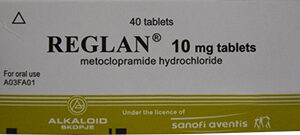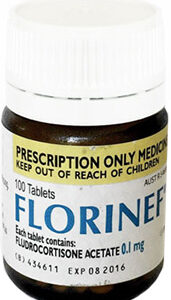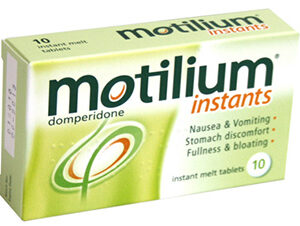Brand and Generic Names
Nexium is the brand name for the generic drug esomeprazole magnesium.
Drug Class and Mechanism
Nexium is classified under proton pump inhibitors (PPIs). It works by reducing the amount of acid produced in the stomach.
Indications and Usage
Nexium is indicated for the treatment of gastroesophageal reflux disease (GERD), erosive esophagitis, Zollinger-Ellison syndrome, and for the prevention of gastric ulcers induced by nonsteroidal anti-inflammatory drugs (NSAIDs) or infection with Helicobacter pylori.
Available Dosage Forms
Nexium is available in the form of delayed-release capsules and as a delayed-release oral suspension.
Dosage and Administration
For GERD, the recommended dose is generally 20 mg to 40 mg once daily for 4 to 8 weeks. For NSAID-induced ulcer prevention, the dosage is typically 20 mg to 40 mg once daily for up to 6 months. Esomeprazole should be taken at least one hour before meals, swallowed whole with water, and not crushed or chewed.
Drug Interactions
Nexium may interact with drugs such as warfarin, ketoconazole, atazanavir, nelfinavir, and drugs that rely on stomach pH for absorption. Co-administration with clopidogrel should be done with caution as esomeprazole can reduce the effectiveness of clopidogrel.
Special Populations: Renal Impairment
No dosage adjustment is typically required for patients with mild to moderate renal impairment. For those with severe renal impairment or end-stage renal disease, caution is advised, and therapy should be monitored closely.
Special Populations: Hepatic Impairment
Patients with mild to moderate liver impairment require no dosage adjustments. However, for patients with severe liver impairment, a maximum dose of 20 mg of Nexium should not be exceeded.
Special Populations: Pediatric Use
The safety and effectiveness of Nexium in pediatric patients less than 1 year old have not been established. For children aged 1 to 17 years, dosing should be adjusted according to weight and the specific condition being treated.
Special Populations: Geriatric Use
No dosage adjustment is generally needed for elderly patients. However, since the elderly may have reduced renal function, care should be taken when dosing Nexium in this population.
Use During Pregnancy and Lactation
Nexium is a pregnancy category B drug. There are no adequate and well-controlled studies of Nexium in pregnant women. It should be used during pregnancy only if the potential benefit justifies the potential risk to the fetus. Esomeprazole is known to be excreted in human milk, thus caution should be exercised when Nexium is administered to a nursing woman.
Storage and Stability
Nexium capsules and packets for oral suspension should be stored at room temperature, 20-25°C (68-77°F), and protected from moisture.
Side Effects and Adverse Reactions
Common side effects include headache, diarrhea, nausea, flatulence, abdominal pain, constipation, and dry mouth. Serious adverse reactions can include hypomagnesemia, Clostridium difficile-associated diarrhea, osteoporosis-related fractures, cutaneous and systemic lupus erythematosus, and acute interstitial nephritis.
Monitoring Parameters
For long-term therapy, monitoring serum magnesium levels is recommended. Additionally, for patients taking Nexium alongside medications that may cause hypomagnesemia, frequent monitoring is suggested.
Overdosage and Treatment
Reports of overdosage with Nexium have been rare. Symptoms of overdose may include confusion, drowsiness, blurred vision, tachycardia, nausea, diaphoresis, flushing, headache, dry mouth, and other adverse effects. Treatment should be symptomatic and supportive.
Instructions for Use/Handling
Nexium capsules should not be opened and mixed with food. For the oral suspension, the contents of the packet should be mixed with water and taken immediately; do not save for later use.
Patient Counseling Information
Patients should be counseled on the risk of potential interactions with other medications and the importance of adherence to prescribed dosing schedules. They should also be informed of the signs and symptoms of serious adverse reactions such as heartburn that worsens or persists, and how to recognize them.







Reviews
There are no reviews yet.